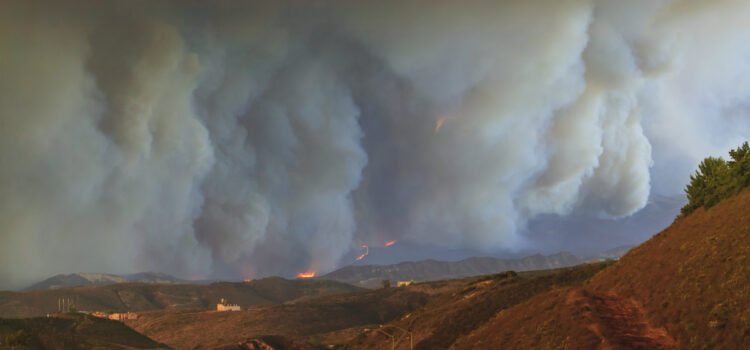
Massive wildfires are sweeping across northern California, creating smoke-filled skies and poor air quality across the state.
Nearly two dozen active blazes have burned at least 771,000 acres, with the largest three alone consuming nearly 500,000 acres in and around the Bay Area and northern Central Valley, CNN reports.
Health officials say smoke contains very tiny particles, which can be dangerous if inhaled into the lungs.
Health officials are making the following recommendations to reduce your exposure to smoke, according to mymotherlode.com.
- If you can see or smell smoke, limit all unnecessary outdoor activities
- Stay indoors, closing all windows and doors and use the air conditioner on the re-circulation setting
- Limit even indoor physical activities: Keep in mind that healthy individuals can be negatively impacted by the pollutants from smoke
- Wearing a mask indoors is not considered adequate protection for smoke-related impacts
- Smoking, using the vacuum, fireplace, or candles are not advised due to the buildup of particulate matter from these activities
- If you have asthma, take your medications, and follow your asthma management plan
- Non‐HEPA paper face mask filters and bandana-type face coverings may be helpful in reducing the spread of germs and viruses, but they are not capable of filtering out extra fine particulates which are much smaller in size. Therefore, they will not be helpful in protecting individuals from smoke-related impacts
- Reduce unnecessary driving. If traveling through smoke-impacted areas, be sure that your vehicle’s ventilation system is on recirculate
- Check on your loved ones and neighbors